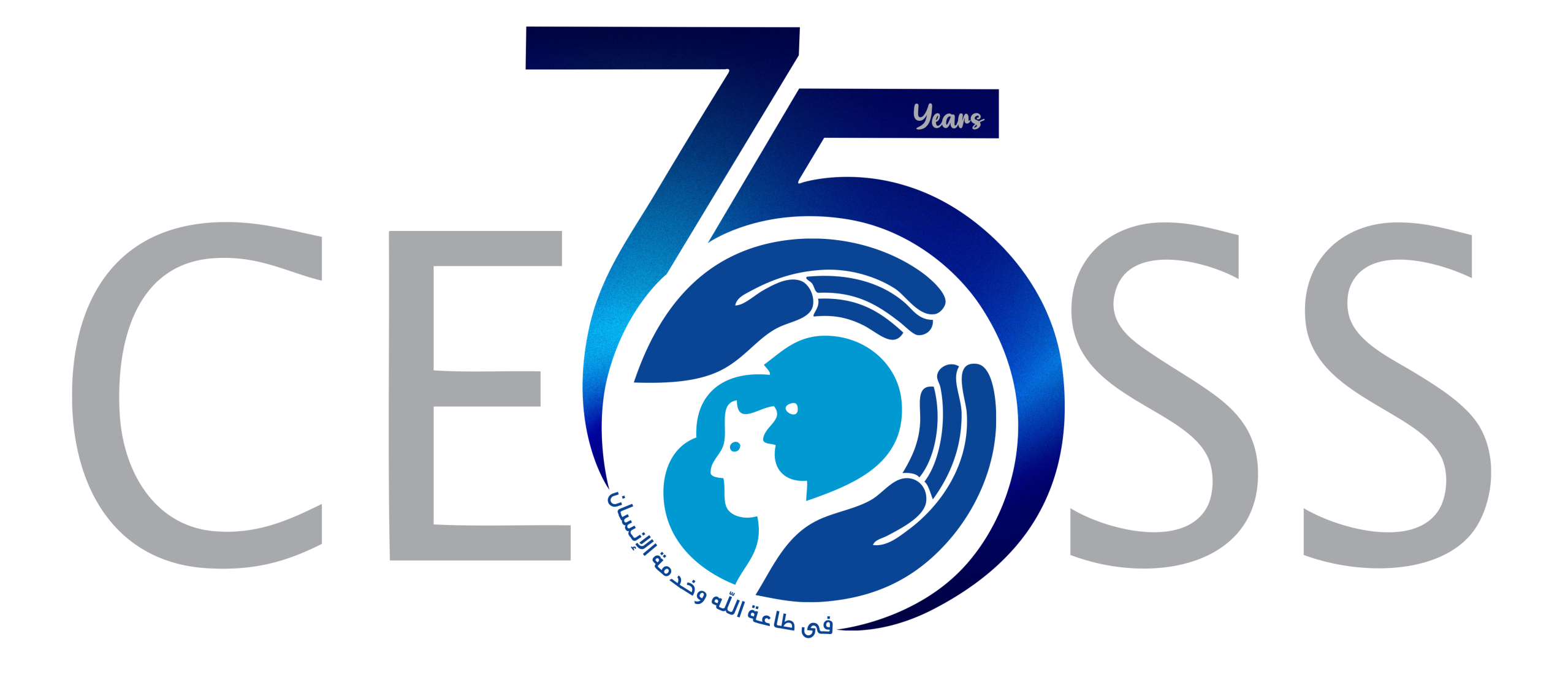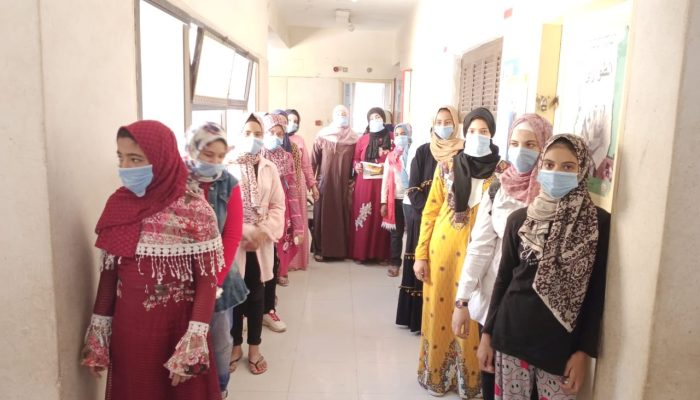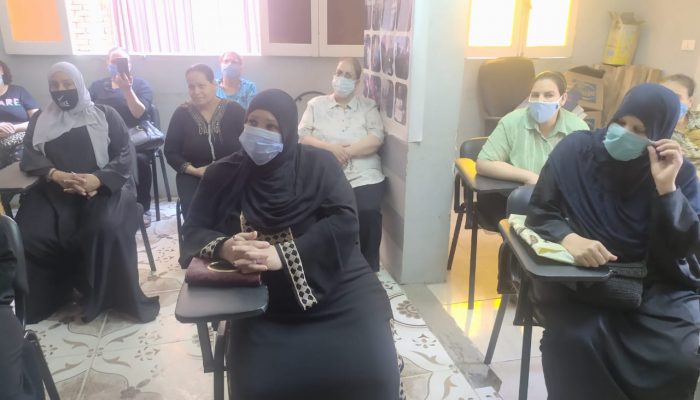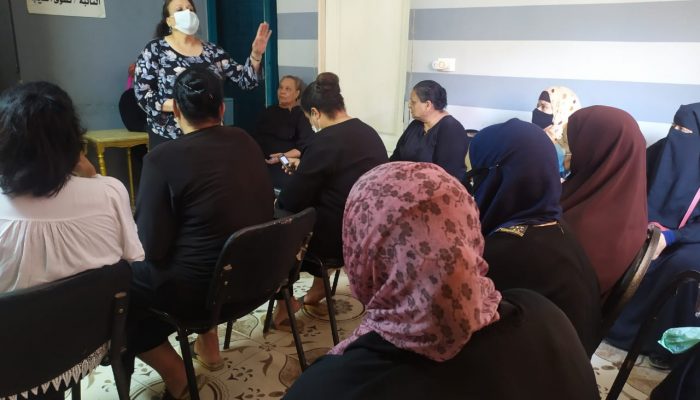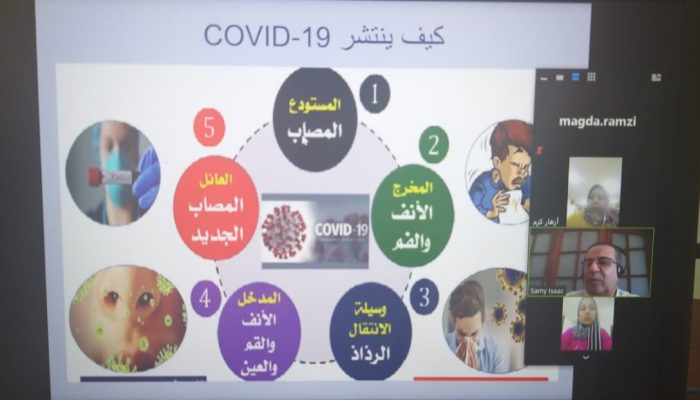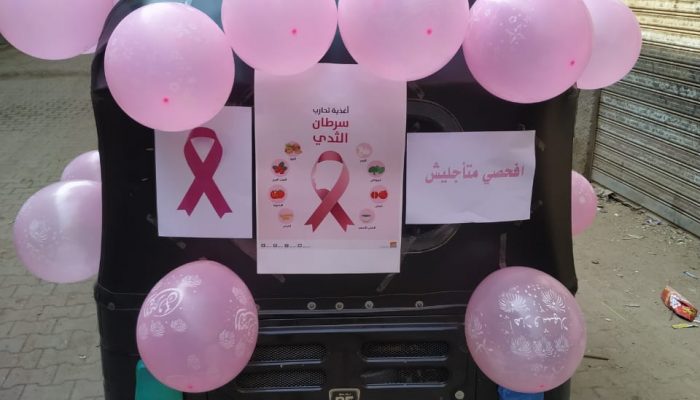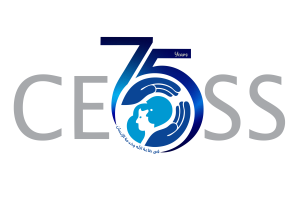General and Reproductive Health Program
The program aims at empowering the most vulnerable poor groups such as women, children, and adolescents to be able to access their health rights and obtain public health resources and services to enjoy good health conditions.
Quantitative Achievements
21212 citizens have been empowered to obtain their health rights as follows:
- 6159 have benefitted from conducting viral, urine, stool, and anemia lab tests.
- 6091 have benefitted from conducting examinations and receiving treatments in the specializations of internal medicine, osteoporosis, and breast tumors.
- 2553 have benefitted from drug treatment.
- 367 pregnant women have followed up on their pregnancy and delivered safely.
- 1276 children have been examined, followed up, and treated from diseases of malnutrition.
- 604 women have benefitted from family planning services.
- 1448 women and adolescents have completed the health and legal awareness raising curricula.
- 2714 women have had their awareness raised on issues of family planning, reproductive health, and preventive health.
Major Qualitative Achievements
- Including adolescent girls’ health programs in a number of health units in the local work communities as replicable and learnable models. This includes conducting the services of medical examinations, treatments, offering awareness programs for healthy growth and protection from having diseases at this stage.
- Applying agricultural models to link nutrition to health as well as designing and implementing awareness programs to enhance proper nutrition practices for adolescent girls, women, pregnant women, lactating women, and elderly women based on the results of a specialized study conducted to study the nutrition practices and their impacts on general health and growth
- Continuing to participate in the state initiative for the health of Egyptian women, which seeks to raise the level of awareness of early detection of breast cancer and means of prevention from this disease. A campaign has been conducted under the motto of “Get examined, don’t delay”. The campaign included awareness raising, providing counselling, referral of targeted women to healthcare centers that provide examinations and follow-ups on diagnosed cases. This is besides participation in the events of the World Breast Cancer Day and disseminating a general community awareness movement for protecting women from becoming diseased.
- In response to the repercussions of the coronavirus pandemic, a social media platform has been launched on Zoom application and WhatsApp to disseminate awareness messages on how to confront the crisis; and its health, psychological, and social perspectives. The platform focused on the most vulnerable groups of girls, adolescents, and women, with the participation of a group of doctors and specialized consultants in this field.
